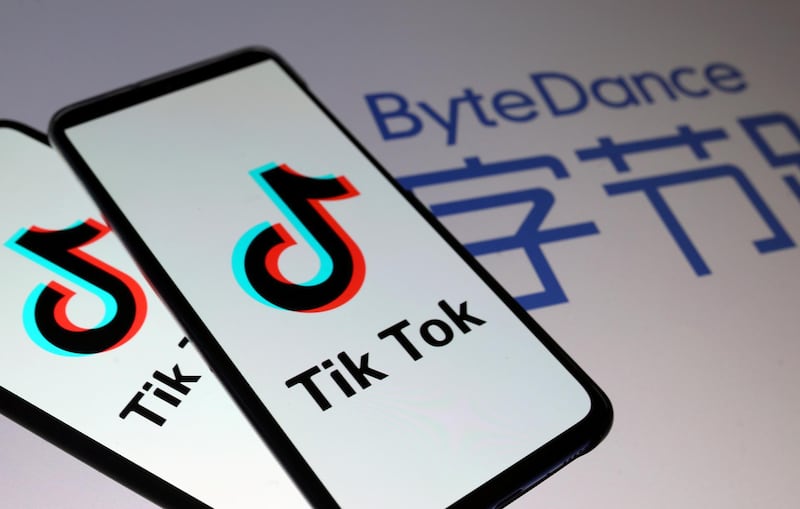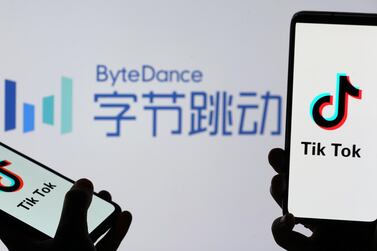TikTok, the short-form video application, rolled out the Arabic version of its TikTok For Business platform in the Middle East and North Africa region, the company said on Monday.
Owned by Beijing-based technology firm ByteDance, TikTok’s self-serve ads platform aims to provide regional small and medium businesses a “localised experience”. Its latest move will offer SMBs the tools needed to ensure they engage and grow their customer base with Arabic content, the company added.
“At TikTok, creativity has no limits and we go above and beyond to make sure that our business partners have all the right tools to unleash their spontaneity and authenticity … ,” said Shant Oknayan, TikTok’s general manager of global business solutions in Menat.
The video platform, which has over 50,000 registered businesses in the region, said it is seeing growing demand for Arabic content.
Overall, nearly 80 per cent of TikTok’s campaigns run in the Mena region are in Arabic. This is due to most businesses in Saudi Arabia, the UAE and Egypt choosing to operate and communicate with their target audience in Arabic, TikTok said.
Visual platforms such as TikTok, YouTube and Snap are popular in the Middle East, largely driven by millenials that consume hours of video content on these platforms.
Saudi Arabia is the biggest user of YouTube per capita globally, its parent company Google said in a report last year. Nearly 68 per cent users consume more video digitally in the UAE and Saudi Arabia than they do on TV, it added.
The coronavirus outbreak further fuelled the growth of these platforms as movement restrictions limited people around the world to stay at home.
TikTok conversations in the Mena region increased 148 per cent monthly in April, according to social insights firm Talkwalker. Meanwhile, the time spent on Snapchat's video and voice calling grew by more than 50 per cent monthly in March this year.








